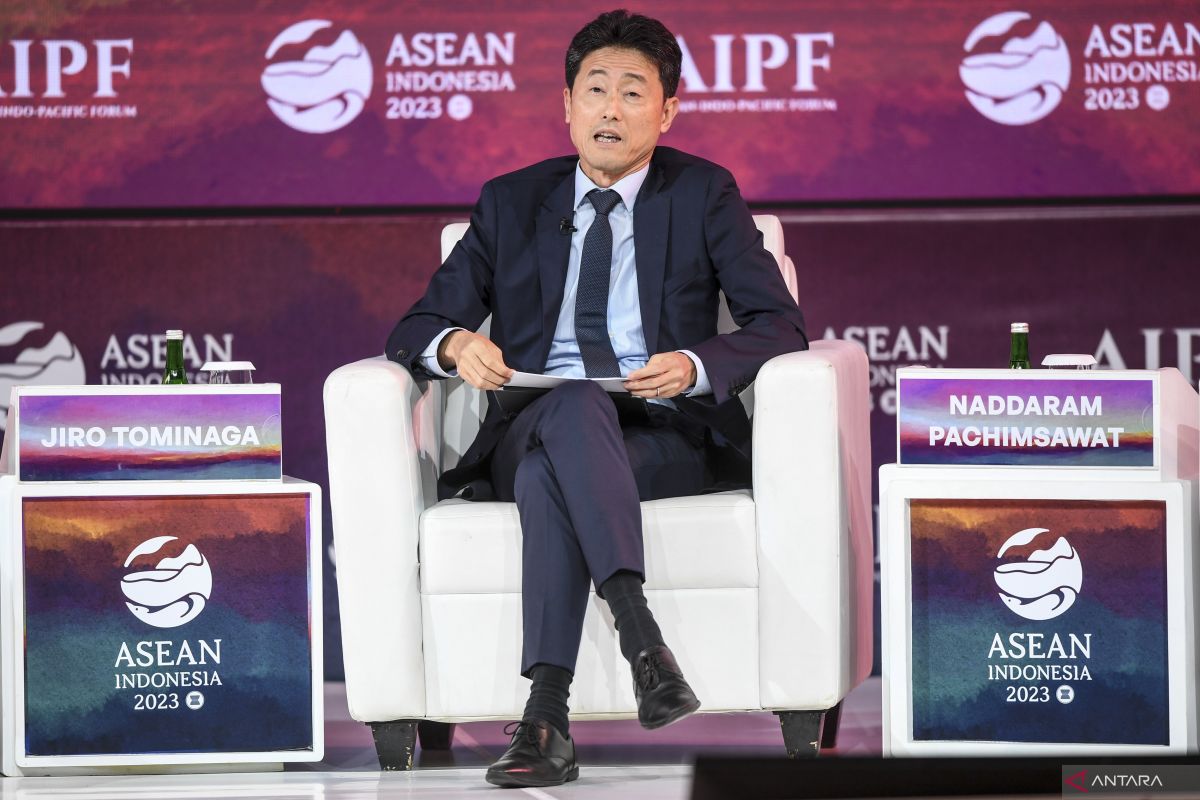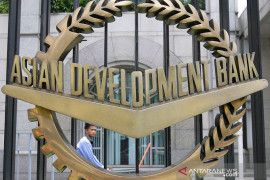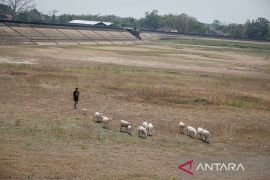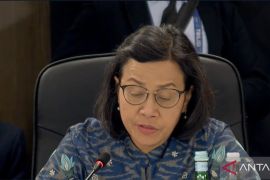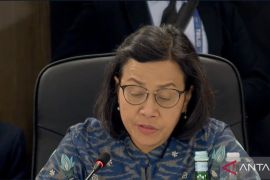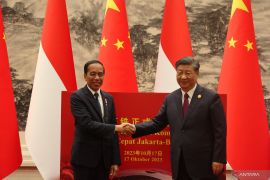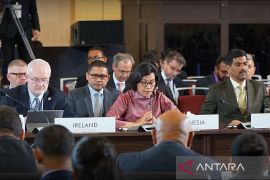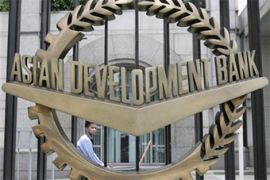"Policy reforms under this program will help Indonesia attract more investment, including in green and sustainable businesses, reduce trade barriers, and empower local businesses," said ADB Director for Indonesia Jiro Tominaga in a written statement received by ANTARA in Jakarta on Monday.
The second of three sub-programs under the Competitiveness, Industrial Modernization, and Trade Acceleration (CITA) Program has continued the success of the first sub-program, which was approved in October 2021.
CITA is in line with Indonesia's 2045 Vision and the National Medium-Term Development Plan (RPJMN) 2020–2024. It is also an important part of ADB's Indonesian state partnership strategy for 2020–2024, especially the strategic pathway to accelerate economic recovery and strengthen climate resilience.
As per the government's estimate, to achieve a high-income status by 2045, Indonesia's gross domestic product will need to grow at least 6 percent every year, well above the pre-pandemic average of 5.3 percent, Tominaga said.
"Indonesia's progress has been good in recovering from the COVID-19 pandemic, but ongoing structural reforms are still needed to increase its growth potential by stimulating investment, creating jobs, improving the business climate and trade," he added.
The Indonesian government has taken a series of actions to improve the investment climate, as agreed under sub-program two. Business license approvals have been made faster through updates to the online single-submission and the adoption of a risk-based approach that integrates national, regional, and ministerial processes.
In addition, to attract more investment and support Indonesia's transition to a low-carbon economy, the government is deepening sub-program one reforms as well as promoting investment in energy efficiency and creating an enabling environment for more green investment, among other things.
Foreign direct investment for electric vehicle battery manufacturing has also been approved, including the signing of five high-value contracts, which are expected to create at least 49 thousand jobs.
To reduce trade barriers, the government is implementing three new systems based on the National Logistics Ecosystem Arrangement Action Plan (2020–2024) to digitally connect the public sector with the private sector in the logistics chain.
Its efforts have included the launch of an online payment platform for logistics services with six banks and the implementation of a single operating system for port operators. The national single window is also being improved and the competitiveness of government procurement is being strengthened.
As part of efforts to increase the scale of the business world, the government is improving the entrepreneurial ecosystem and increasing the capacity of the business world so that it can be made more export- and technology-oriented. This is especially for businesses owned by women, who are often unaware or do not have sufficient capacity to participate in government procurement.
An integrated system of gender-disaggregated data for micro, small, and medium enterprises has been created, which will be used to track, analyze, and report on the performance of women-owned enterprises.
ADB has committed to achieving a prosperous, inclusive, resilient, and sustainable Asia and the Pacific, and has continued its efforts to eradicate extreme poverty. Founded in 1966, ADB is owned by 68 members, of which 49 are based in the Asia and Pacific region.
Related news: ADB gives nod to US$500-million loan for reforming Indonesia's SOEs
Related news: ADB approves US$500 million loan for disaster recovery in Indonesia
Translator: Martha Herlinawati Simanjuntak, Cindy Frishanti Oc
Editor: Rahmad Nasution
Copyright © ANTARA 2023
